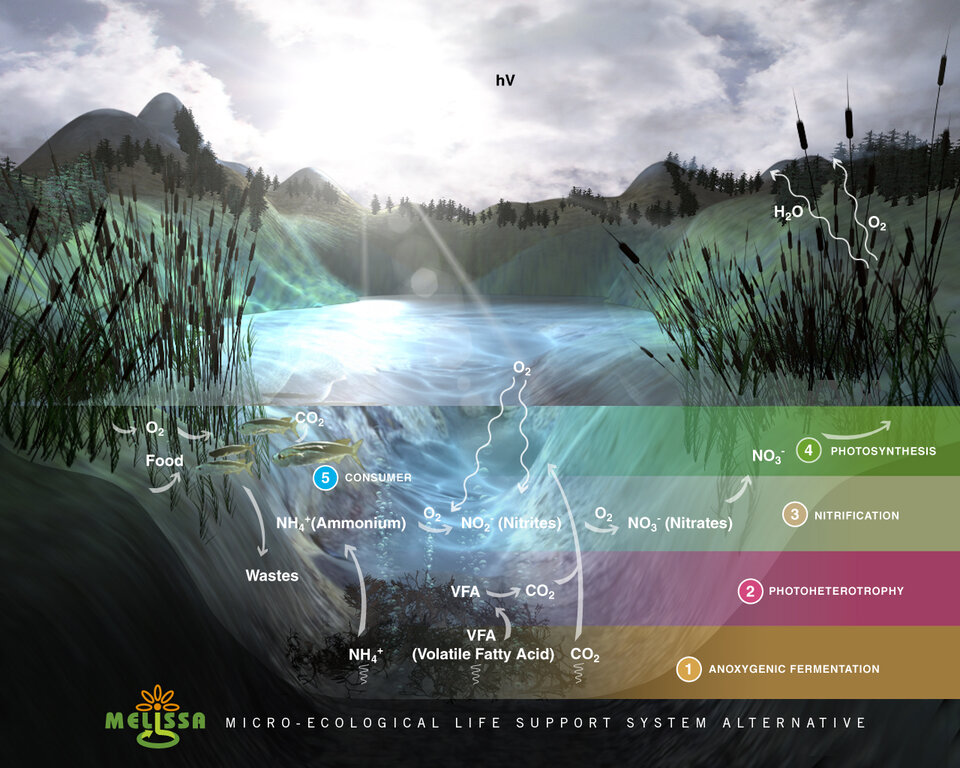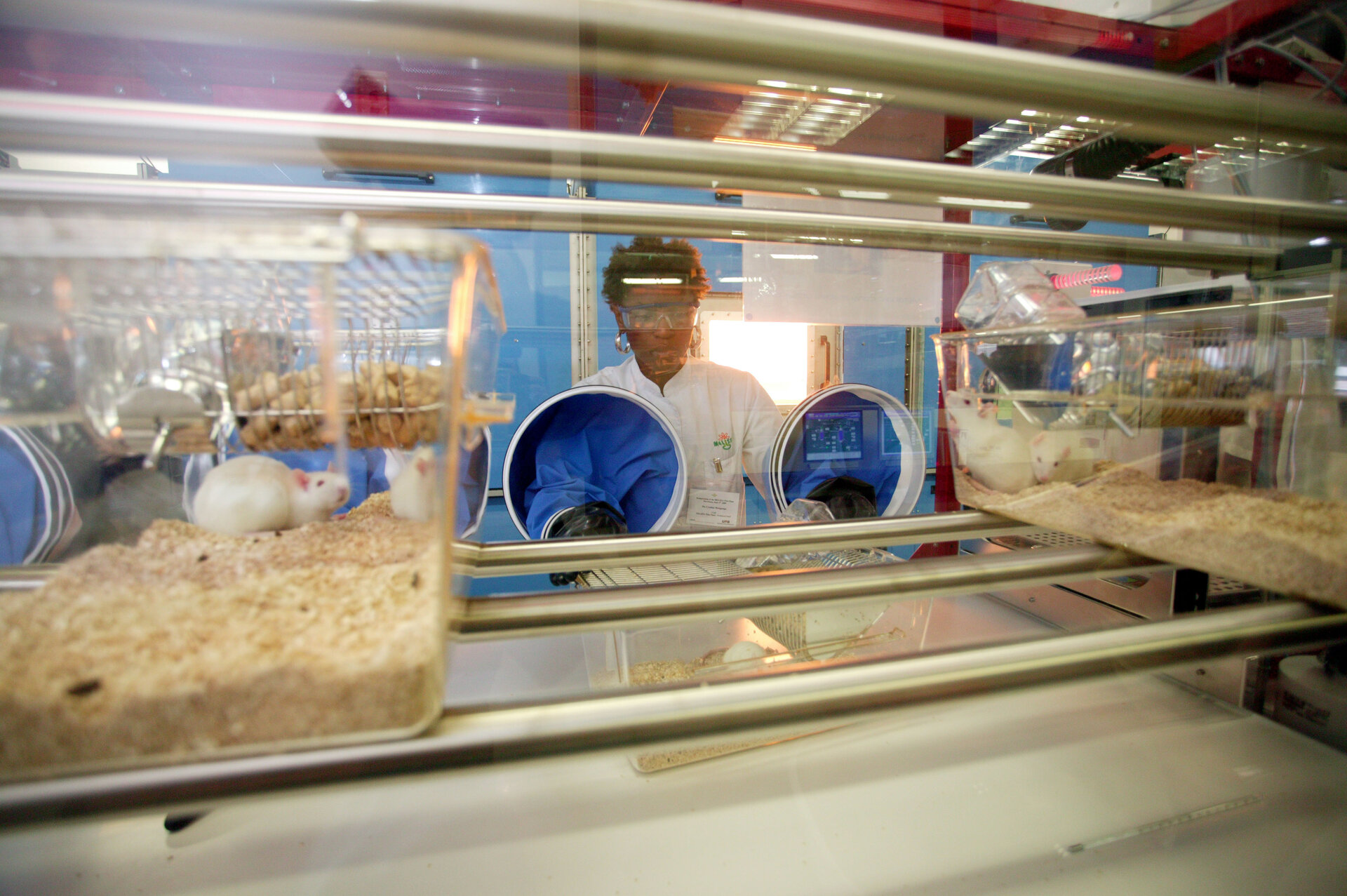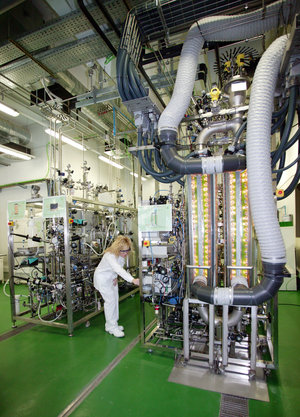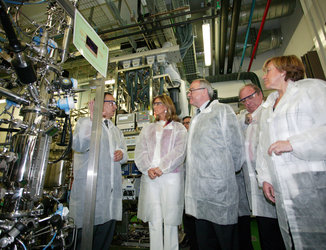MELiSSA life support project, an innovation network in support to space exploration
Forty years ago this month humans took their first steps onto the Moon, their life support technology allowing them to stay for just short of a day. Enabling longer-duration missions to planets remaining a challenging goal, but Europe has taken an important step closer to attaining it with the inauguration of the MELiSSA Pilot Plant.
The Micro-Ecological Life Support System Alternative (MELiSSA) initiative highlights the outstanding results which can be obtained through the networking of multidisciplinary scientific engineering partners from multiple countries, with the space and terrestrial sectors sharing interest and a long-term vision supported by shorter-term activities.
The June inauguration of the MELiSSA Pilot Plant at the Universitat Autonoma de Barcelona represents the achievement of an international effort stretching back for two decades. The target of the work is the creation of a closed loop life support system with close to 100% efficiency – a self-sustainable ecosystem that ideally does not require resupply.
This pilot plant is the latest outcome of 20 years of R&D performed by the MELiSSA network across various European sites. Experts from the network are regular visitors to the facility, contributing lessons learnt from their MELiSSA research. At the same time the network’s member organisations continue their own MELiSSA R&D on a parallel and complementary basis.
ESA is the project coordinator but there are nine MELiSSA partners in total from six countries across Europe and Canada, contributing comprehensive multidisciplinary expertise that includes microbiology, genomics, chemistry, plant physiology, nutrition, biotechnology, biosafety, process engineering, system engineering and automation.
From supporting animals to a human ‘crew’

The Barcelona facility is designed to demonstrate the MELiSSA concept at pilot scale, using animals as its ‘crew’. One of the novelties of the MELiSSA approach is the compartmentalised structure of its closed loop life support system. It is broken down into five main processes, consisting of microbial bioreactors, wet oxidation, filtration and higher plant chambers.
The various compartments hosting these processes developed so far through the project collaboration across Europe are being progressively integrated into the system. However this is only the start: test results will be acquired by operating the Pilot Plant through many steps, carefully over time, including characterising and interconnecting the various compartments, demonstrating proper stability and control of the overall process and progressively closing the regenerative system. The aim is to be able to support a real human ‘crew’ by 2020 to 2025.








